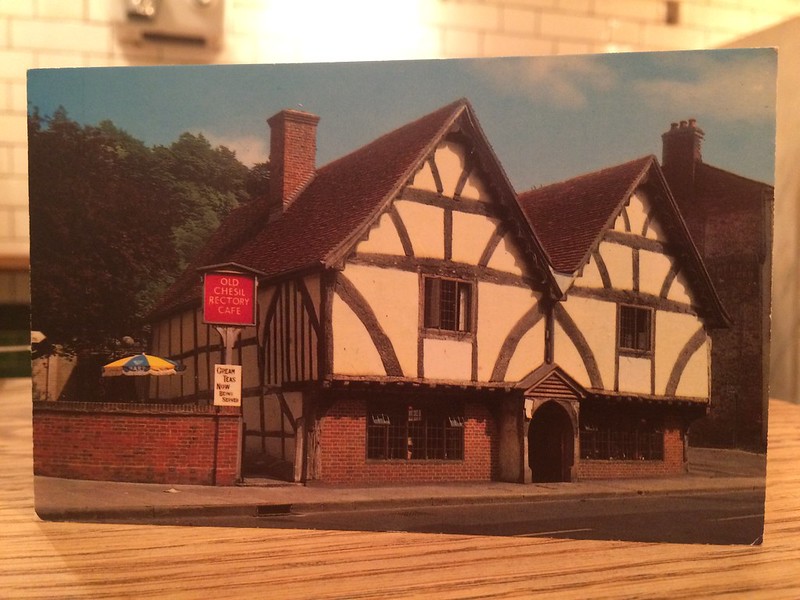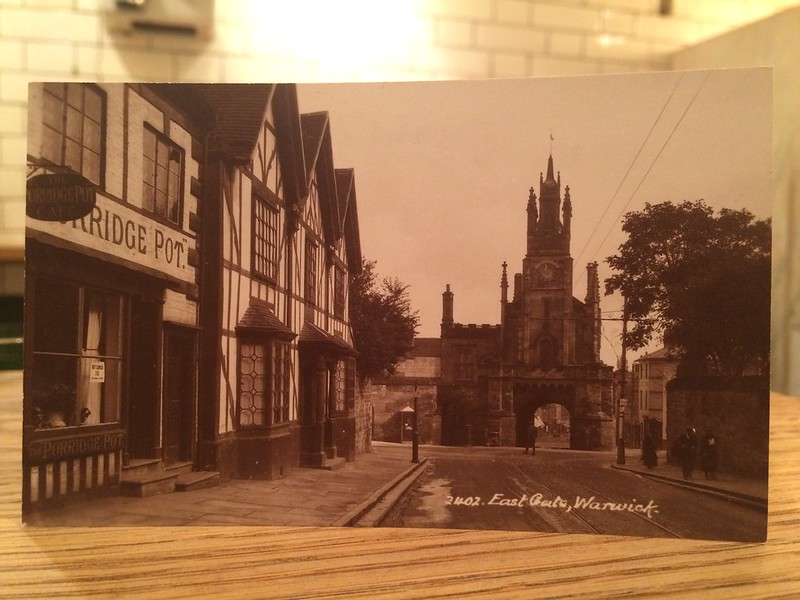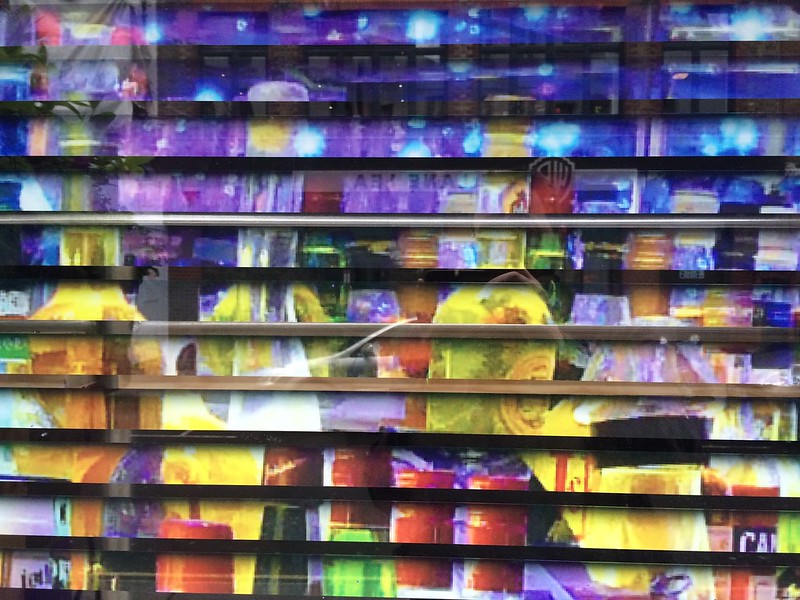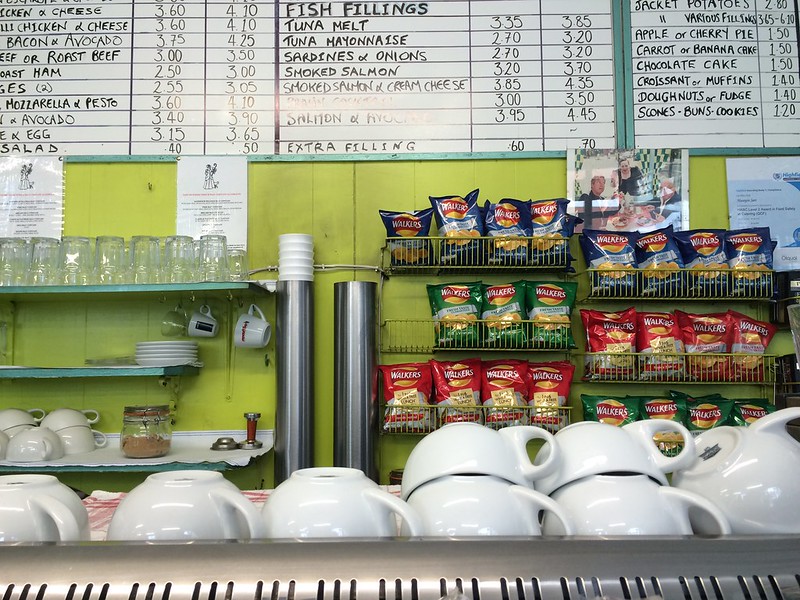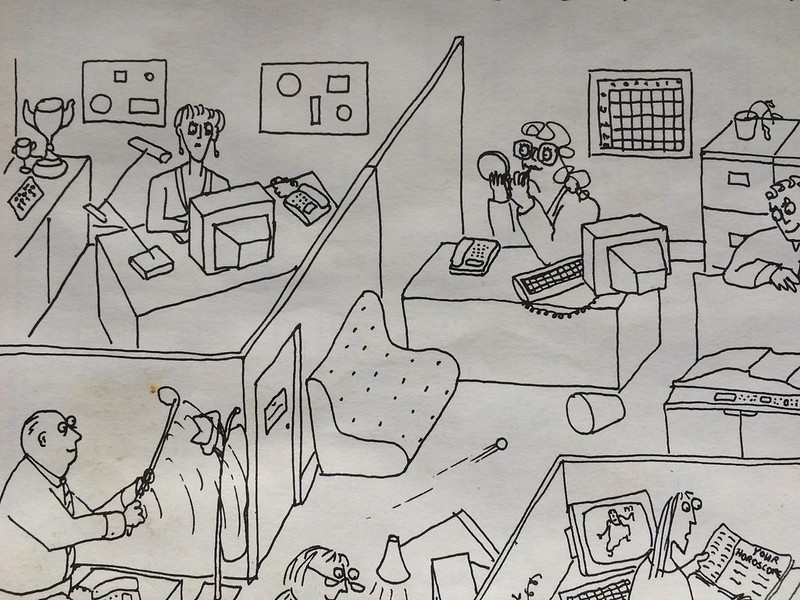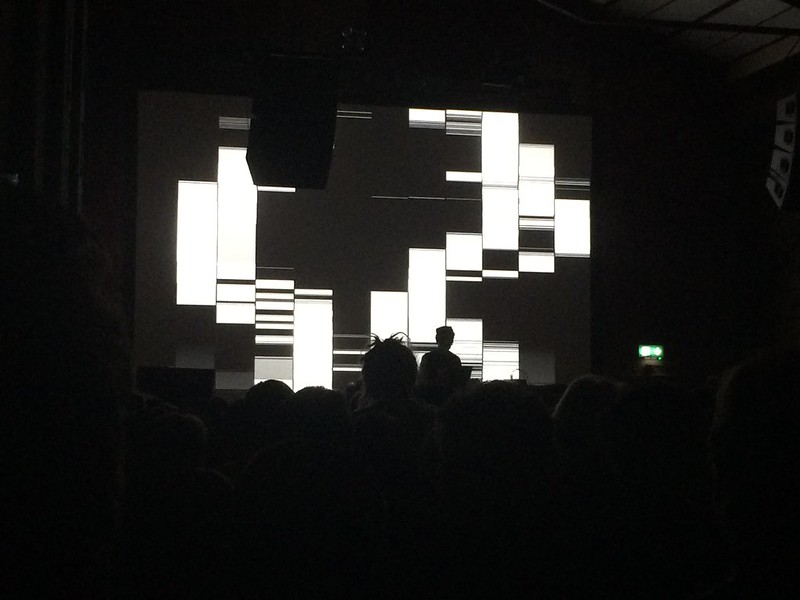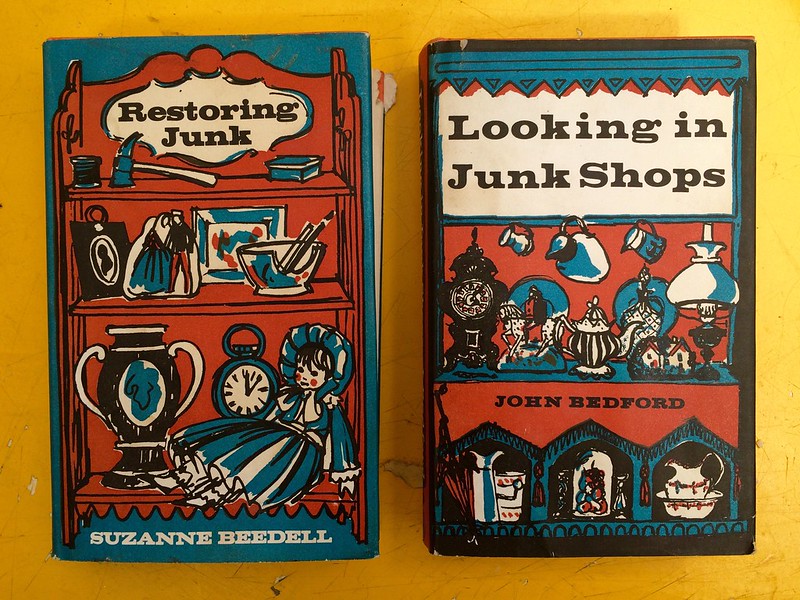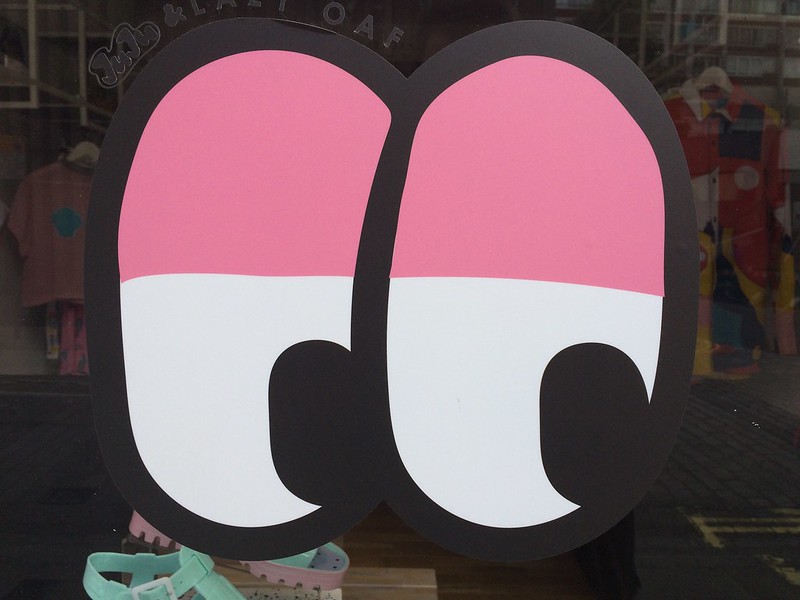Russell Davies
As disappointed as you are
About | Feed | Archive | Findings | This blog by email
The Old Chesil Rectory, Winchester
June 04, 2015 | Permalink
Unbooked: How to live mindfully in a literate world
I've spent 40 years or more reading books and I wonder if they're starting to actually alter my brain.
It's great that they're so addictive but when you're reading them it's like you're completely isolated and cut off from the real world, there's no connection to anything real or human at all. Your brain is tricked into imagining that there's real stuff going on but there's not, it's just a linear arrangement of black lines. You make no choices, take no active part, you just follow the plot that's dicated to you by the 'author', you're locked into a kind of dream world, a dream world sold to you for the most part, by one of a tiny number of global publishing keiretsu.
There's increasing evidence that books actually change the shape of the brain and they're literally addictive. Not addictive in the sense of the actual meaning of the word, but addictive in the sense of what people mean when they say 'addictive' - which is worse.
So, I've decided I'm going to take some time off grid and try and detox books from my system. It's going to be hard, obviously, books have been pushed into every facet of our lives almost without us noticing. Look beside your bed, for instance, I bet you'll find a bunch of books just sitting there waiting to be read.
I'm going to spend my time, instead, trying to reconnect with the real people in my life via games and social media.
June 03, 2015 | Permalink
A Sunday in Hell
I imagine you bike lot already know about this, but, in case you don't A Sunday In Hell is an extraordinary documentary - the story of the 1976 Paris–Roubaix. The film making is sparse and contemporary, the setting and the atmosphere is almost medieval and the music is gorgeous.
May 30, 2015 | Permalink
Unexplained, tiny
We went to see the Forensics show at the Wellcome Collection last week. It looked fascinating. I bet it was. But, like most shows featuring old documents, everything was too dark and too small for an old person like me to read. I know they have to keep things dark to preserve the documents but I don't understand why they can't blow things up and stick them alongside the originals.
So the only two things I really enjoyed were this brilliant Pathe film - Science Fights Crime (watch until at least 1:20 to discover how to deal with a man rushing at your throat, it's surprisingly straightforward) - and a section on The Nutshell Studies of Unexplained Death. These are tiny models of crime scenes, designed to train detectives, but they're accessible for the hard of seeing because of the extraordinary photography of Corinne May Botz.
There's a great documentary about them. And a splendid edition of 99% Invisible. They're incredible things, in themselves, and their creator - Frances Glessner Lee - was a fascinating woman.
It reminded me how powerful models can be, they're frozen moments, they imply worlds, they're so much more compelling than stories. That's possibly why they're also a bit creepy. You get some of that from this BBC4 show about Dolls' Houses.
Must try and do more.
May 29, 2015 | Permalink
Beyond our control
Right here is the problem that effective digital transformation can solve - it can put the people delivering services back in control of their 'system'. That won't make it perfect. It doesn't mean it'll never break. But when it does they'll actually be able to do something about it. The system won't stay broken for so long they have to make a laminated sign about it. They'll be able to make it work - for them and their users.
May 26, 2015 | Permalink
